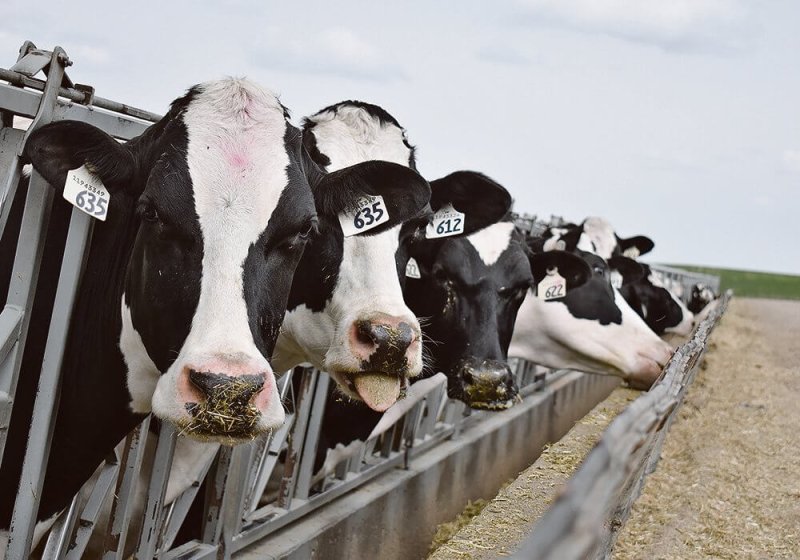Researchers from Ernst Federal Science Center for Animal Husbandry, Skoltech, Moscow State University and their colleagues have produced the first viable cloned calf in Russia—and she recently turned one. In a related experiment, the team was able to knock out the genes responsible for beta-lactoglobulin, a protein causing milk allergy in humans, in the hopes of creating gene-edited cows with hypoallergenic milk. The paper outlining the results of the experiment was recently published in the journal Doklady Biochemistry and Biophysics.
The researchers are gearing up to try their hand at the next stage of their experiment by creating a herd of several dozen cows that will have to carry the edited pregnancies to term. “Since it is not a 100% certain process, you have to roll the dice a lot, and it’s quite expensive,” Petr Sergiev says.
“I think this work will lay the methodological foundation for gene editing in cattle in Russia, which will lead to more complex challenges. For instance, we can make cows produce certain proteins they normally don’t for biotechnological purposes,” he concludes.































